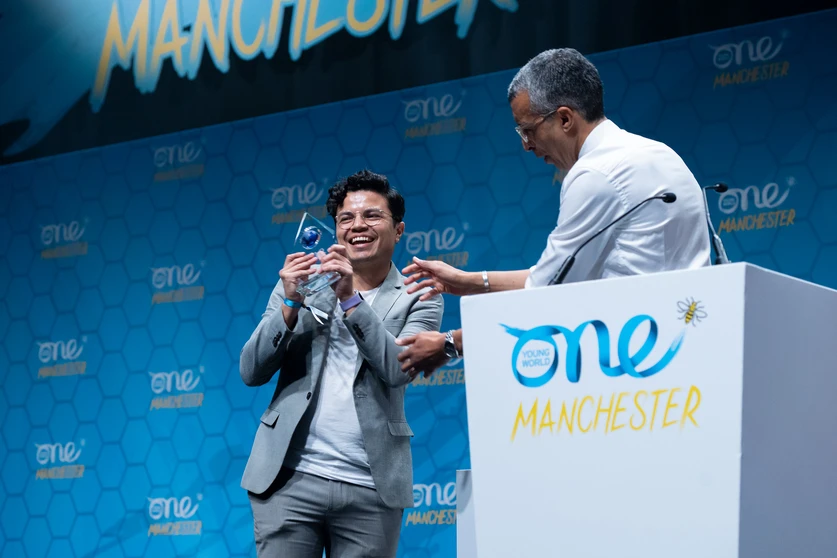At One Young World, we are dedicated to accelerating the impact of young changemakers who are driving positive change in their communities, organisations, and countries.
Through the One Young World Leadership Awards, we spotlight and support extraordinary young leaders across vital sectors by amplifying their voices, showcasing their work, and inspiring millions more to follow in their footsteps.
Our annual Leadership Awards recognise exceptional contributions made by young leaders in the fields of politics, entrepreneurship, journalism, and advocacy. Winners are selected by expert judging panels and presented with their awards at the One Young World Summit.
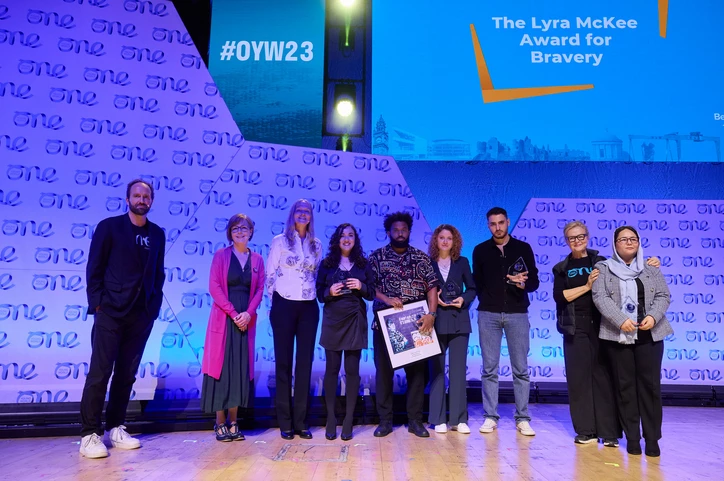
The One Young World Journalist of the Year Award
In an era of information overload and misinformation, young journalists play a vital role in uncovering truth and holding power accountable. The One Young World Journalist of the Year Award recognises fearless reporters who bring unheard voices to light and empower society through their storytelling.
Journalist of the Year Selected by: Ilia Calderón, Anchor, Host and Correspondent; Antonio Zappulla, CEO of the Thomson Reuters Foundation; Orla Guerin, Senior International Correspondent at BBC
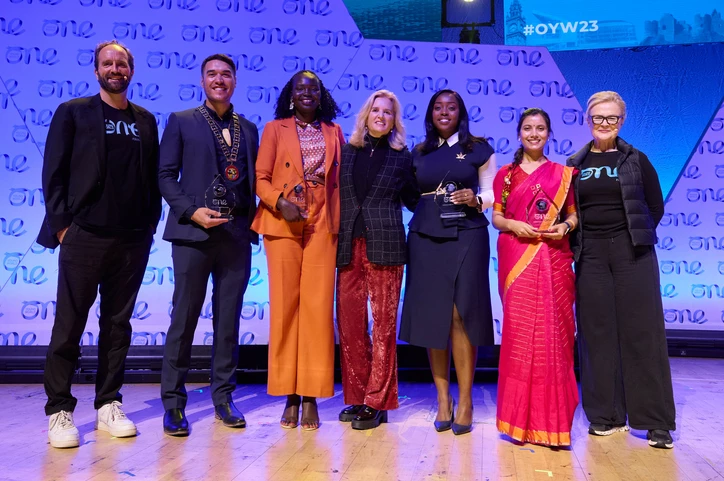
The One Young World Politician of the Year Award
With fewer than 3% of parliamentarians under 30 worldwide, young voices in politics are critically underrepresented. The One Young World Politician of the Year Award celebrates inspiring young leaders (ages 18–35) who are transforming policy, championing youth, and driving progress in their home countries.
Politician of the Year Selected by Hasina Safi, Former Minister of Women’s Affairs for Afghanistan; Kumi Naidoo, Former Secretary General of Amnesty International; Laura Chinchilla, Former President of Costa Rica.
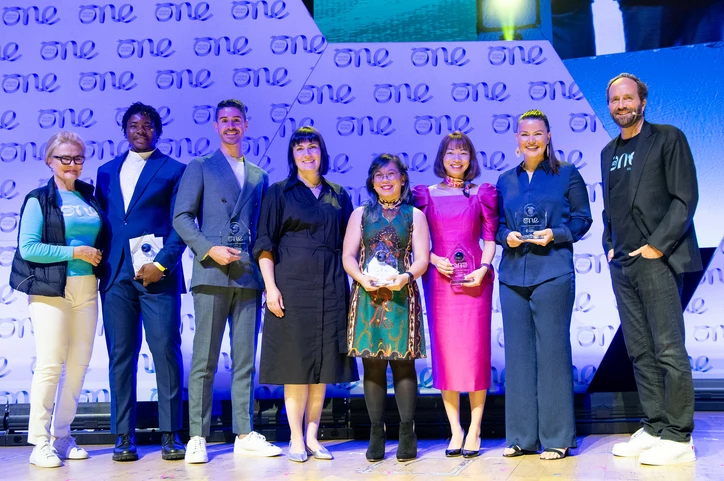
The One Young World Campaigner of the Year Award
Real change takes more than ideas — it takes the ability to inspire action. In partnership with Intuit Mailchimp, the Campaigner of the Year Award shines a spotlight on young leaders using creativity, communication, and passion to mobilise communities and drive meaningful change.
Campaigner of the Year, presented by Intuit Mailchimp Selected by an expert judging panel chaired by Dee Dunne, Senior Director of Global Lifecycle Marketing & Operations at Intuit Mailchimp.
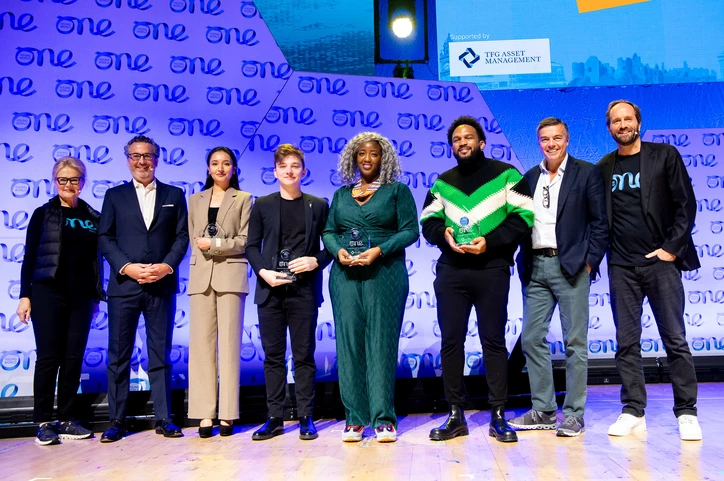
The One Young World Entrepreneur of the Year Award
Today’s entrepreneurs aren’t just building businesses. They’re solving the world’s toughest challenges. The One Young World Entrepreneur of the Year Award honors bold innovators whose ventures are reshaping industries, creating opportunity, and inspiring a new generation of problem-solvers.
Entrepreneur of the Year, supported by TFG Asset Management Selected by an expert judging panel chaired by Stephen Prince, CEO of TFG Asset Management.
Subscribe to our newsletter to stay updated on opportunities, awards, and inspiring stories from young changemakers around the globe.
